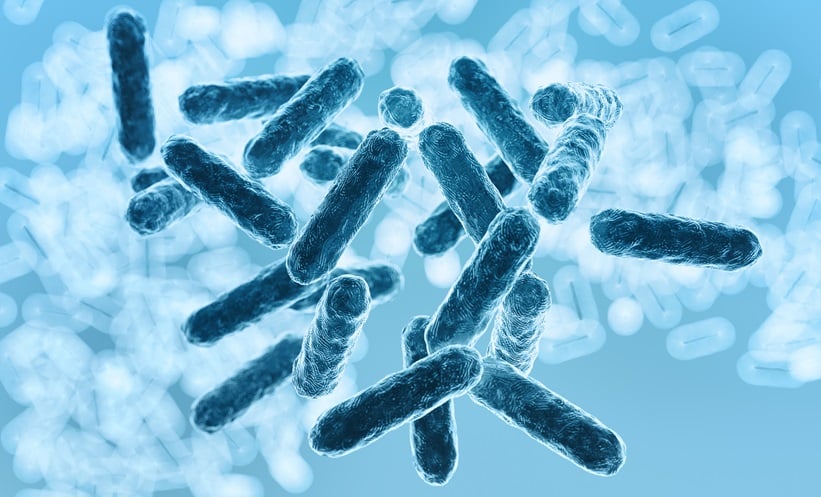RESEARCH published by an international team led by the University of Vienna, Austria, uncovered significant effects of two widely used neurological drugs, entacapone and loxapine succinate, on the gut microbiome.
Using an innovative experimental approach, the researchers exposed human faecal samples to therapeutic concentrations of entacapone, prescribed for Parkinson’s disease, and loxapine succinate, used to treat schizophrenia, and analysed the results with stable isotope probing and single-cell chemical imaging. They found that both drugs altered microbial activity significantly, with entacapone having the most pronounced effects. These disruptions were more evident in microbial activity than overall abundance, providing deeper insights into how these drugs interact with gut bacteria.
A key finding of the study was entacapone’s ability to induce iron starvation in the gut. The drug forms complexes with iron, reducing its availability for many beneficial microbes, while promoting the proliferation of iron-scavenging species like E. coli. This shift not only disrupts the microbiome balance but also selects for microbes carrying genes linked to antimicrobial resistance and virulence.
The researchers demonstrated that restoring iron levels could counteract these adverse effects, suggesting a potential strategy to mitigate drug-induced dysbiosis. This mechanism, where drugs inadvertently alter gut ecosystems by sequestering metals, may extend to other medications containing similar chemical structures.
These findings carry broader implications for clinical practice, particularly in managing conditions like Parkinson’s disease and schizophrenia, where such drugs are prescribed. The authors emphasise the importance of considering microbiome health in treatment plans and exploring interventions, such as targeted iron supplementation, to minimise side effects.
Ada Enesco, EMJ
Reference
Pereira FC et al. The Parkinson’s disease drug entacapone disrupts gut microbiome homoeostasis via iron sequestration. Nat Microbiol. 2024;9(12):3165-3183.








